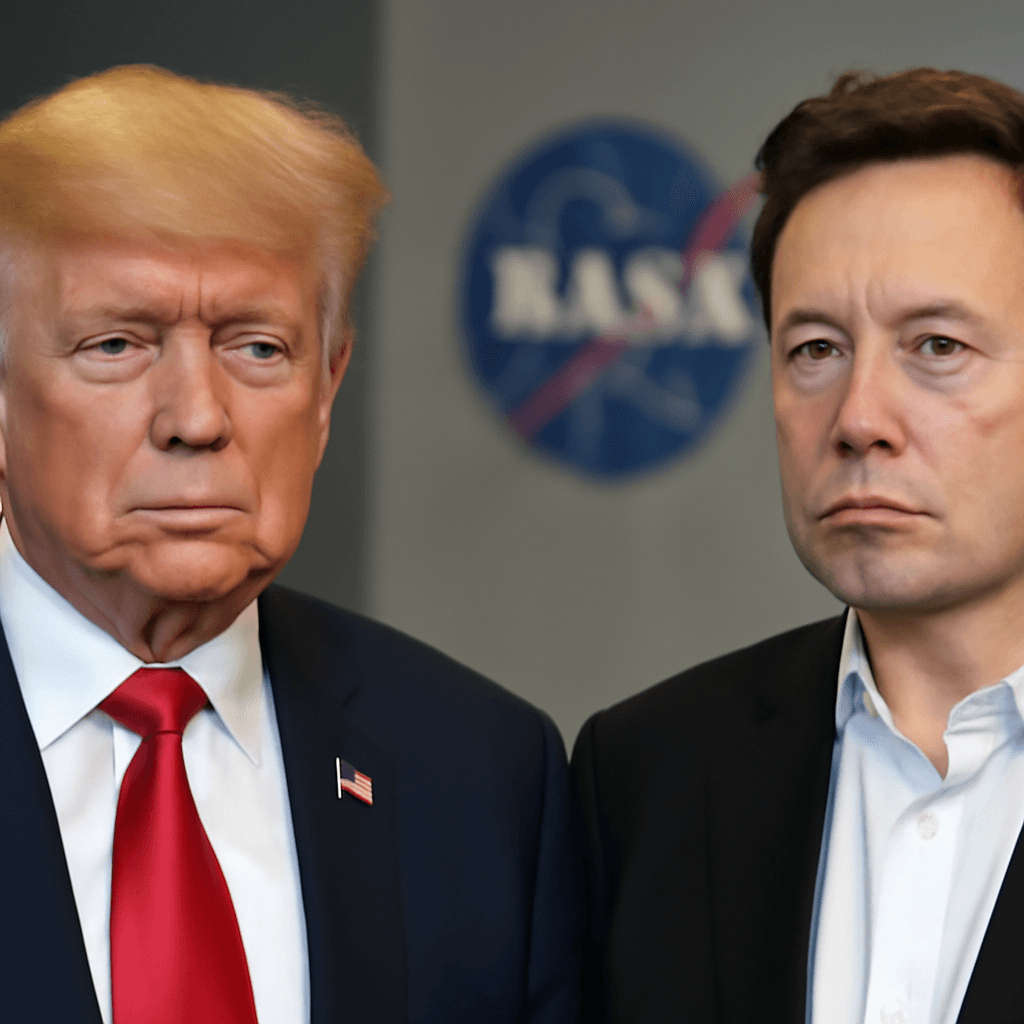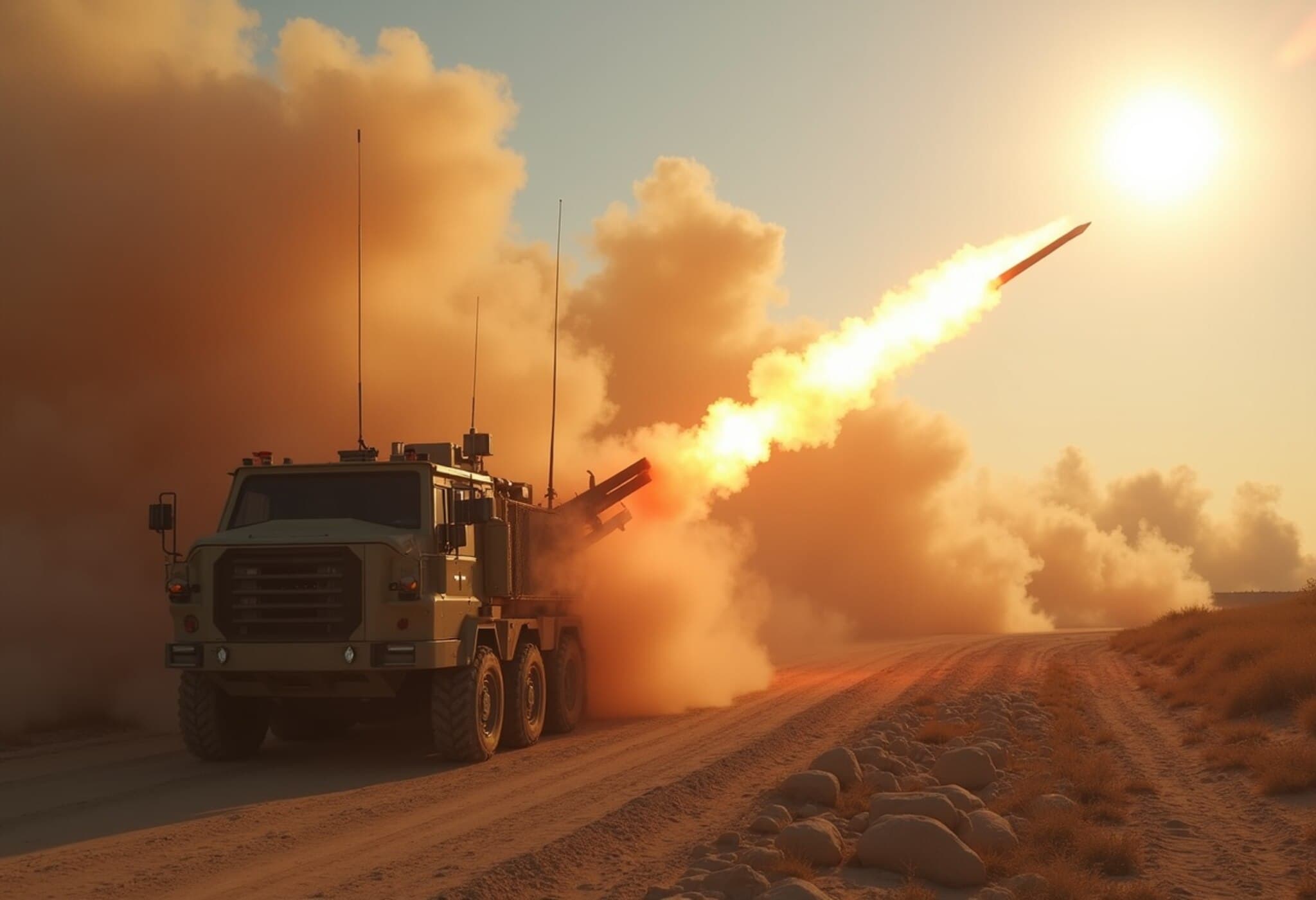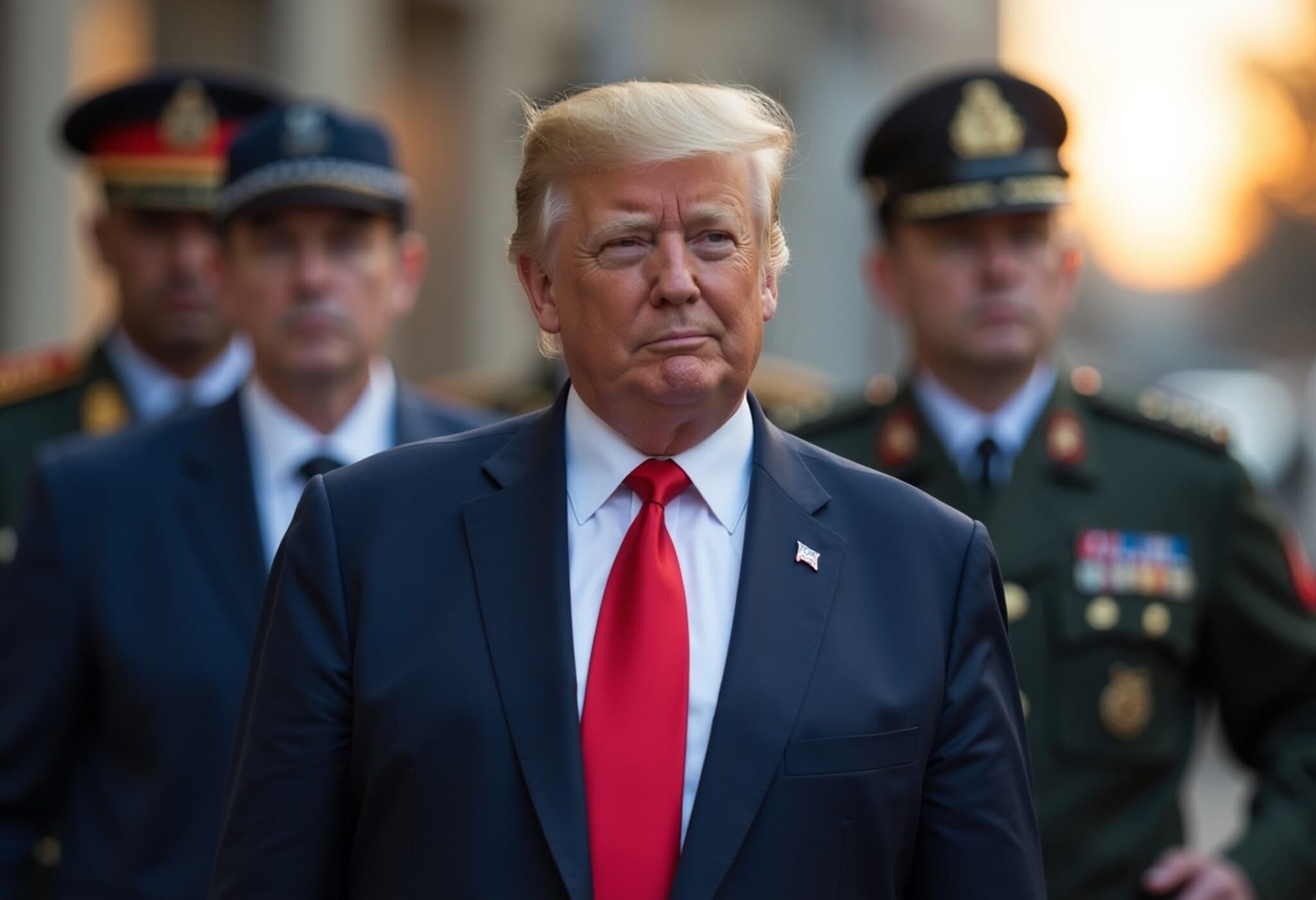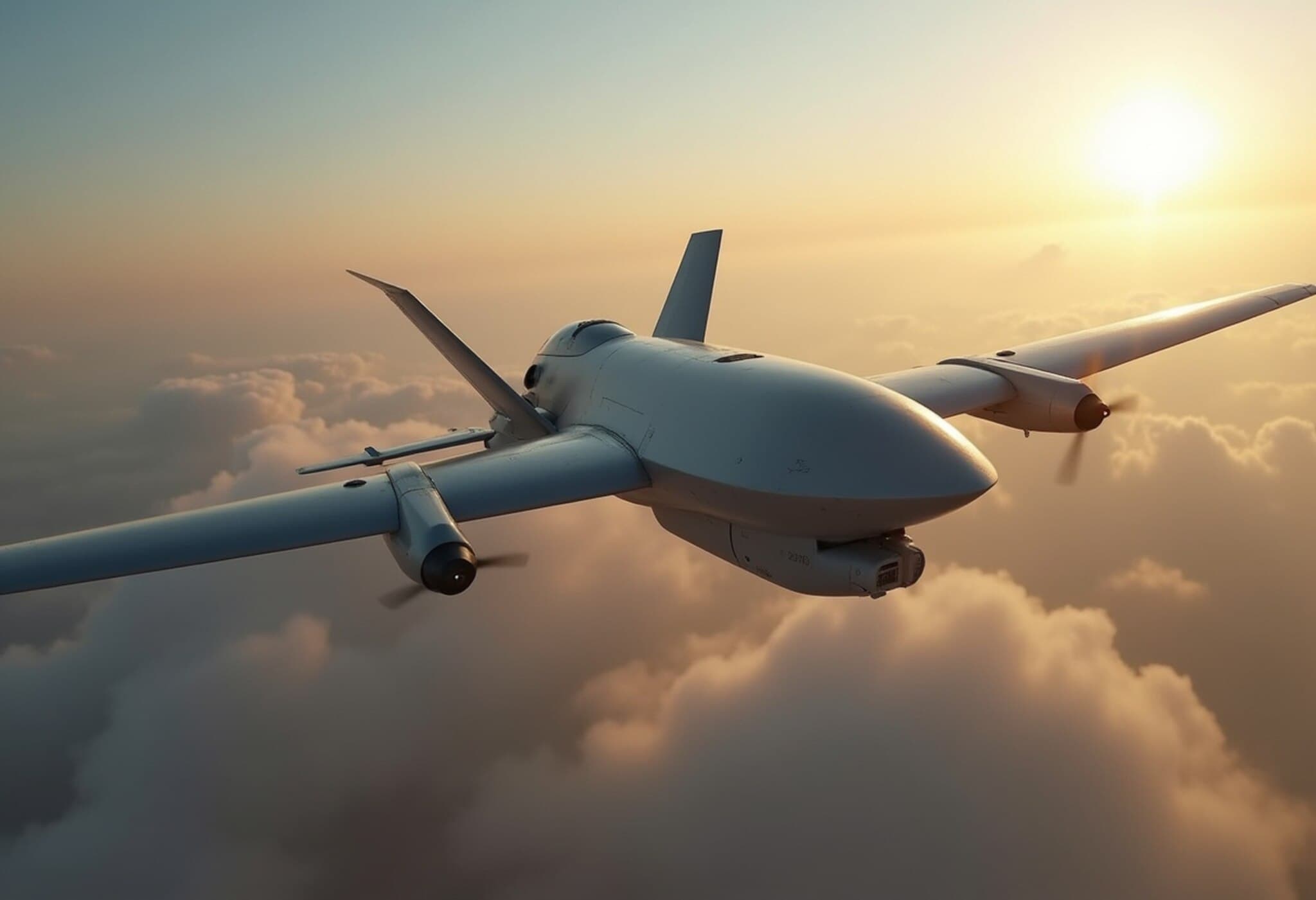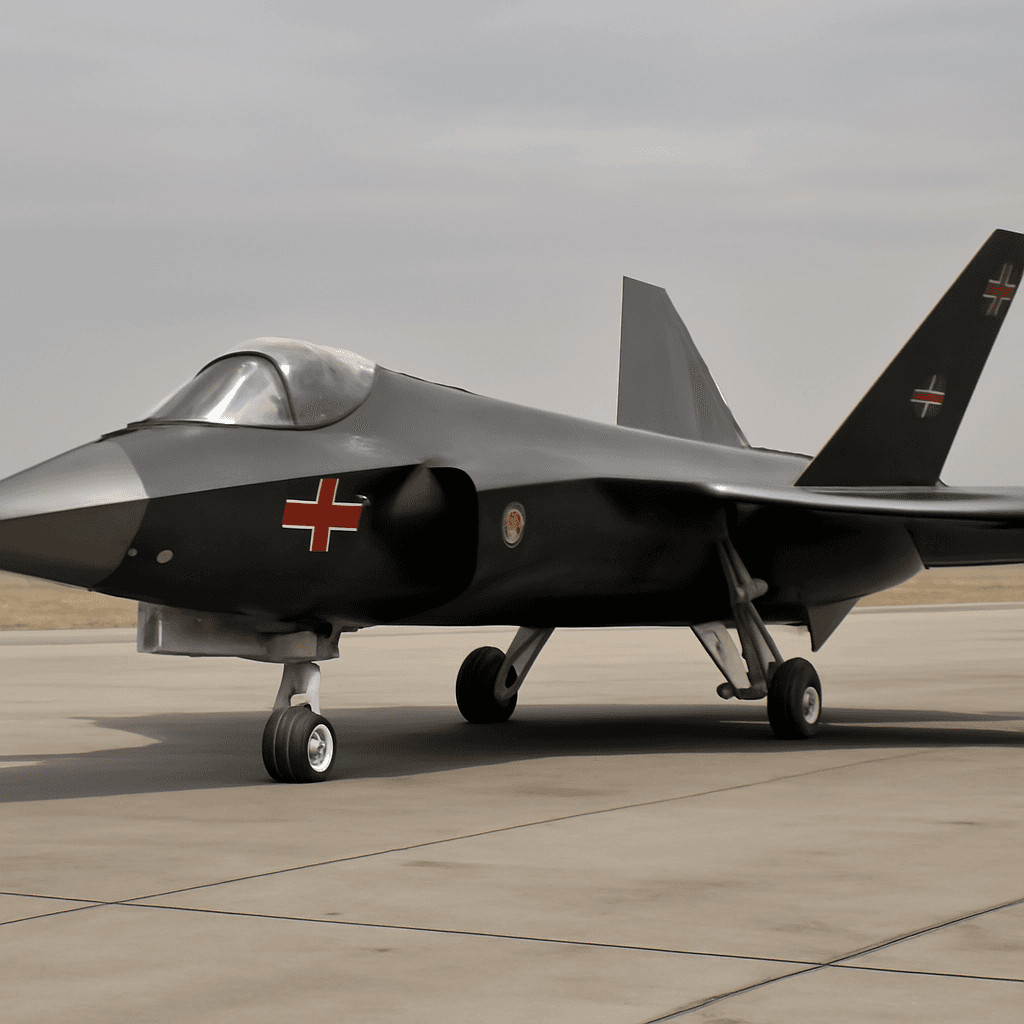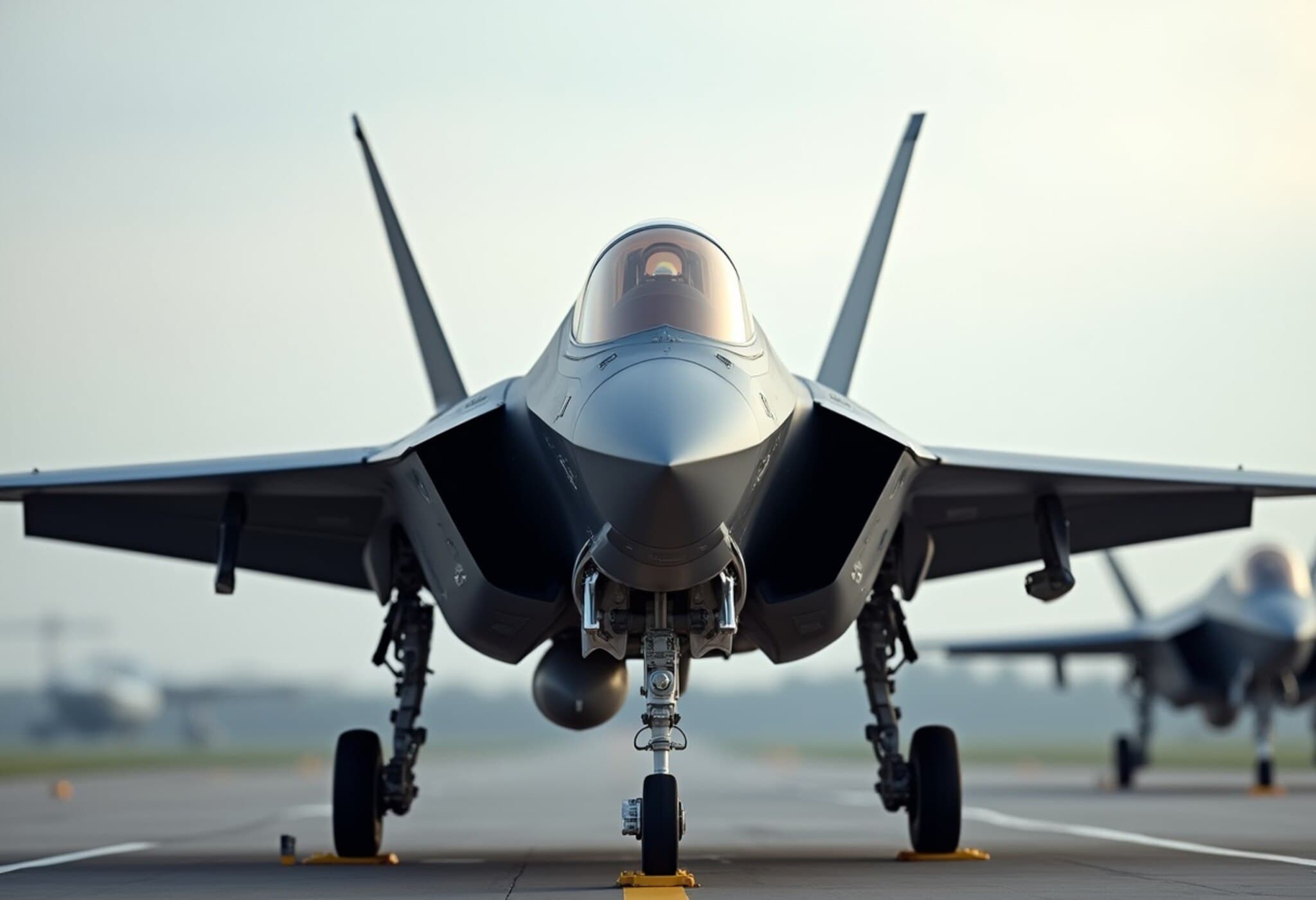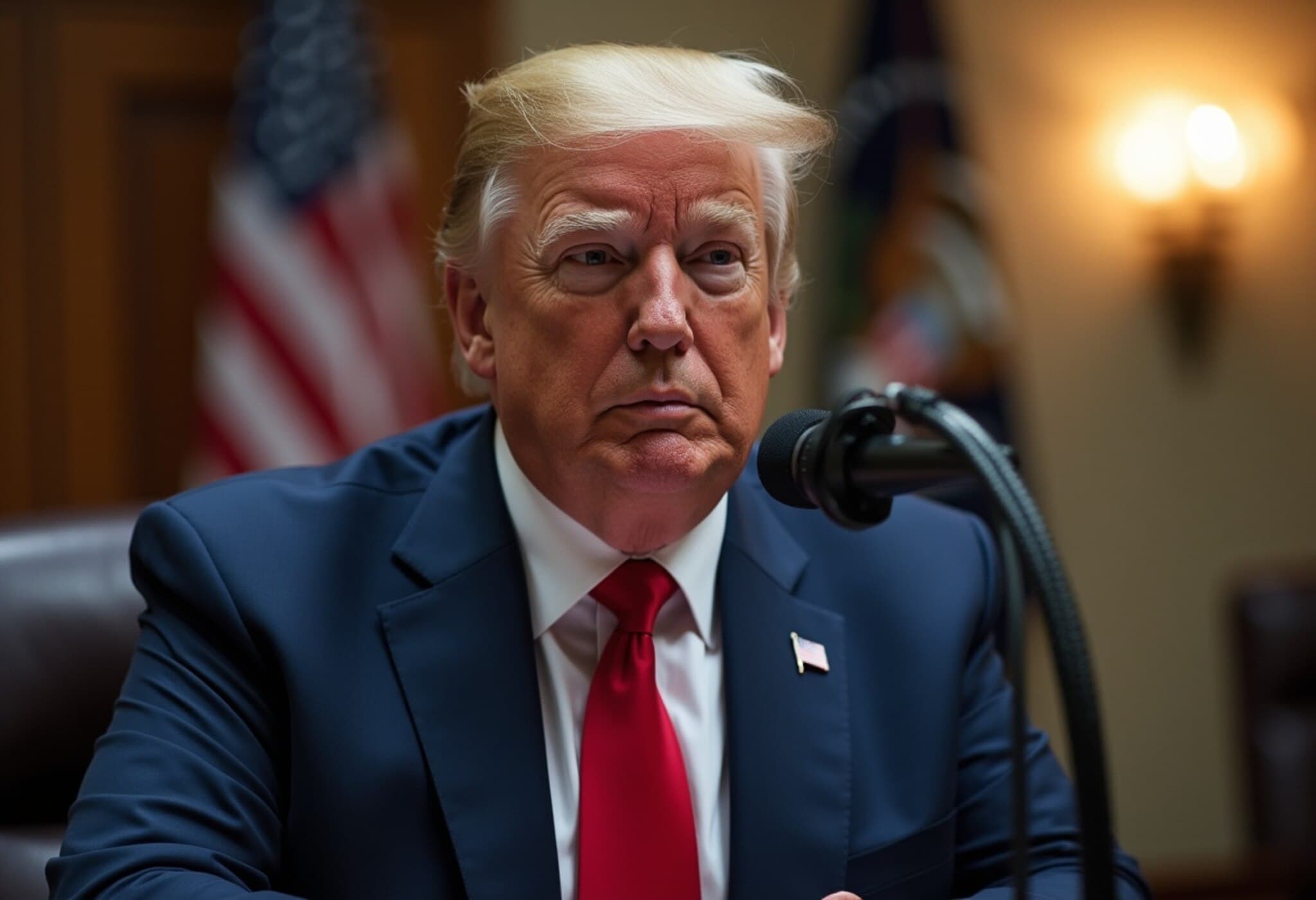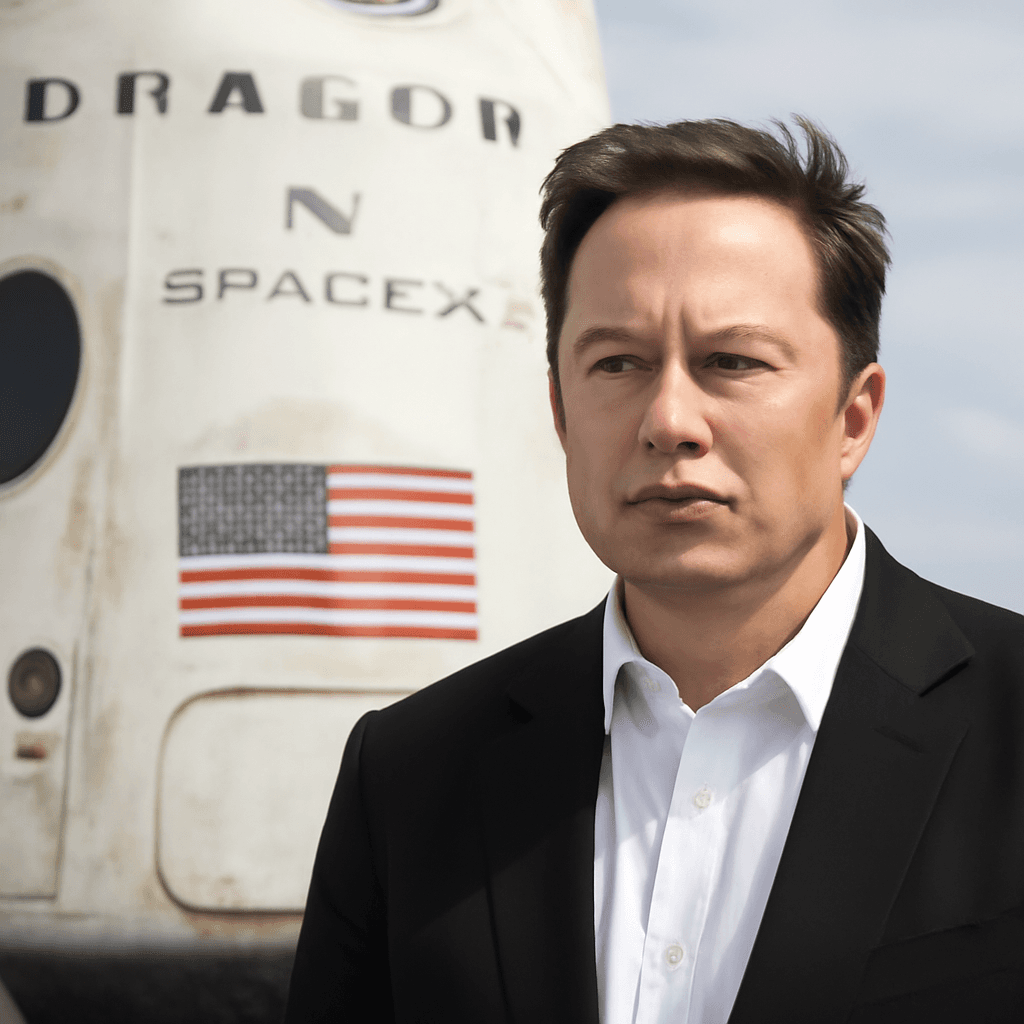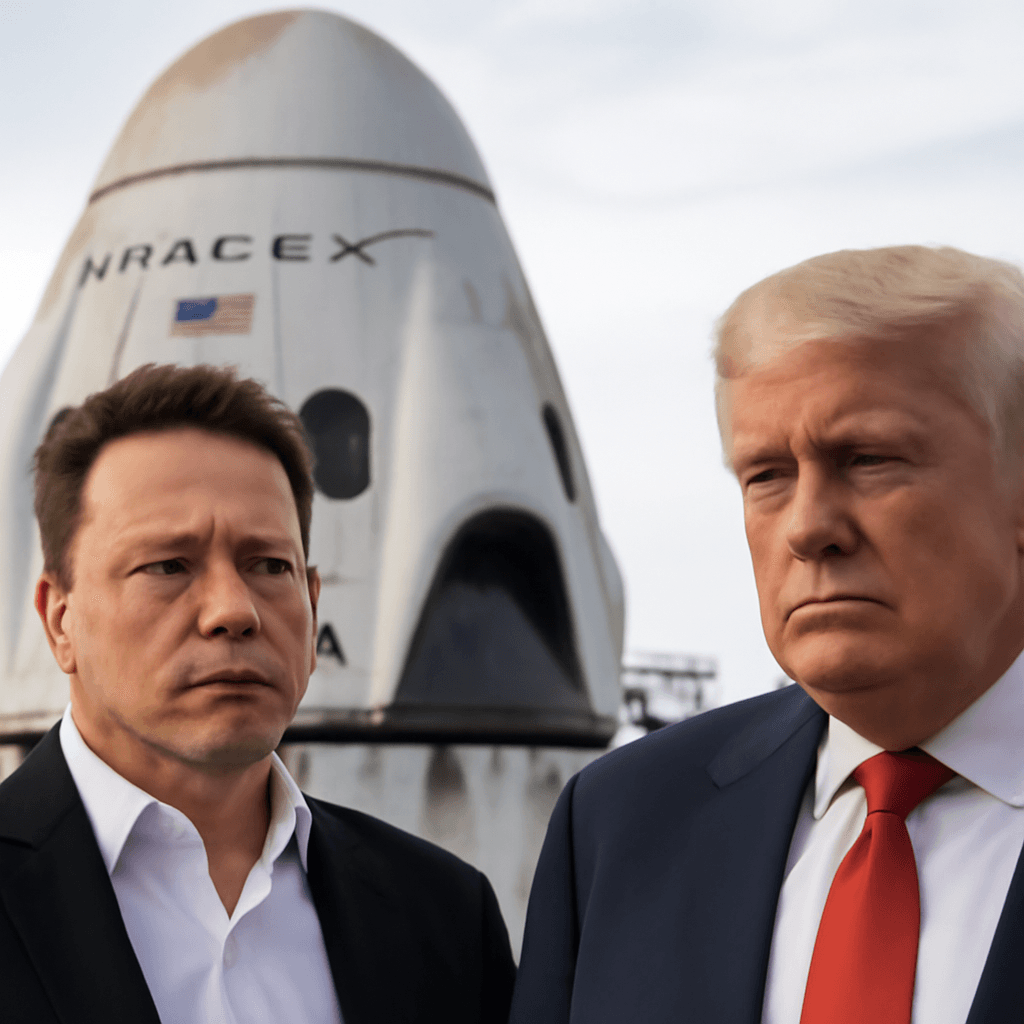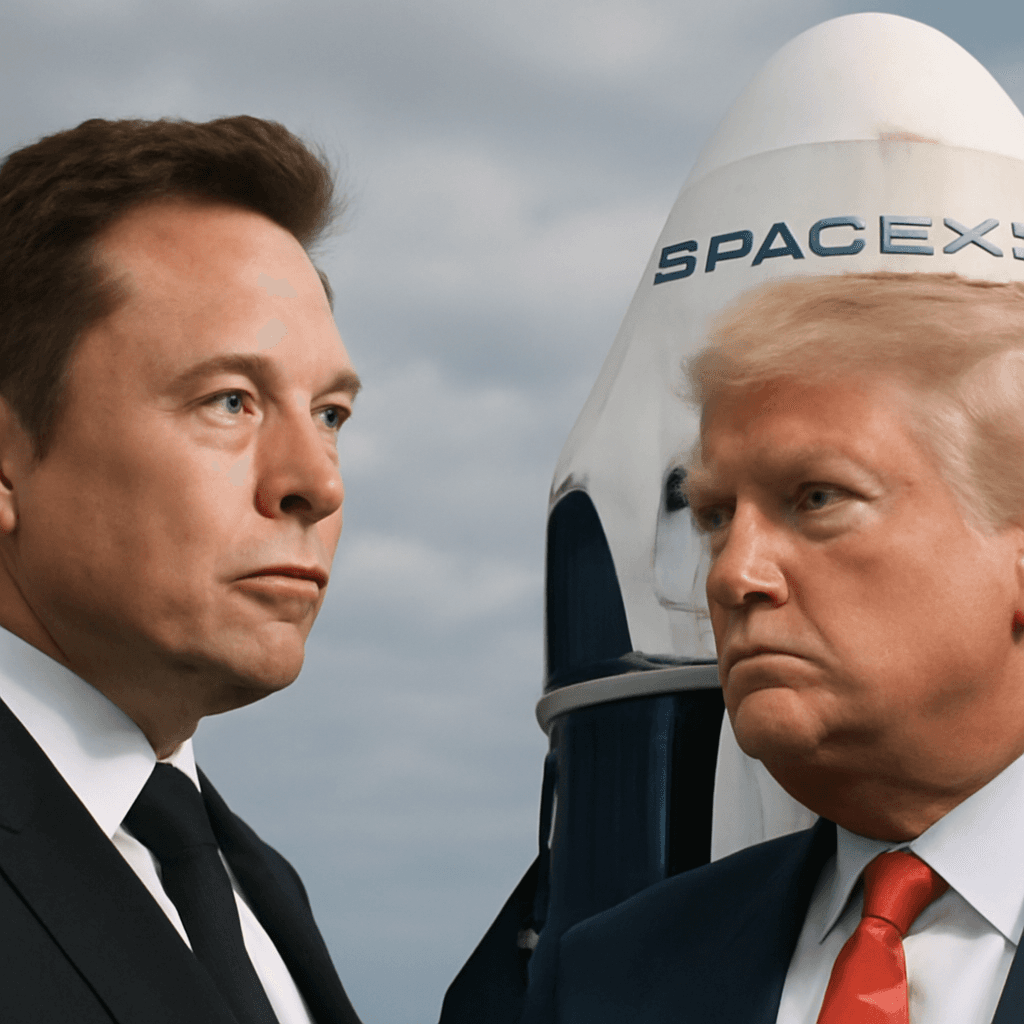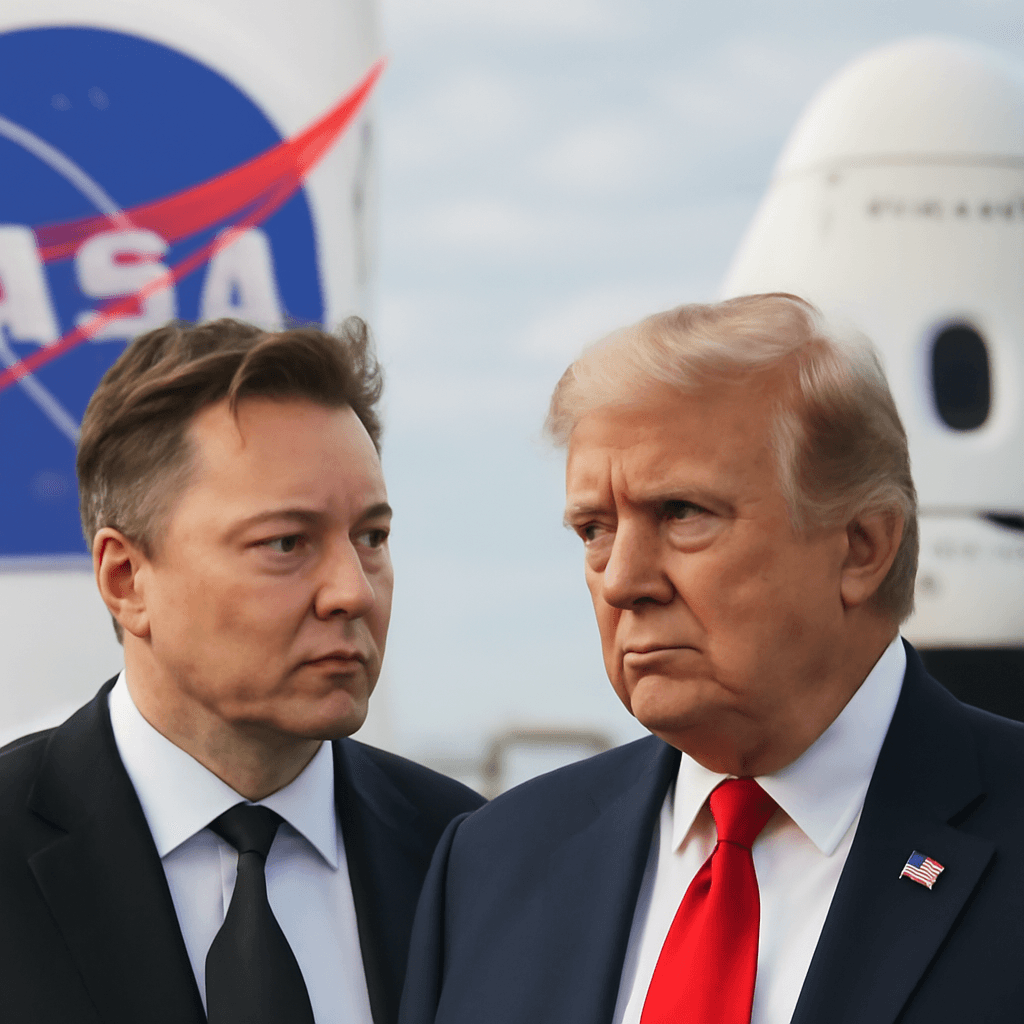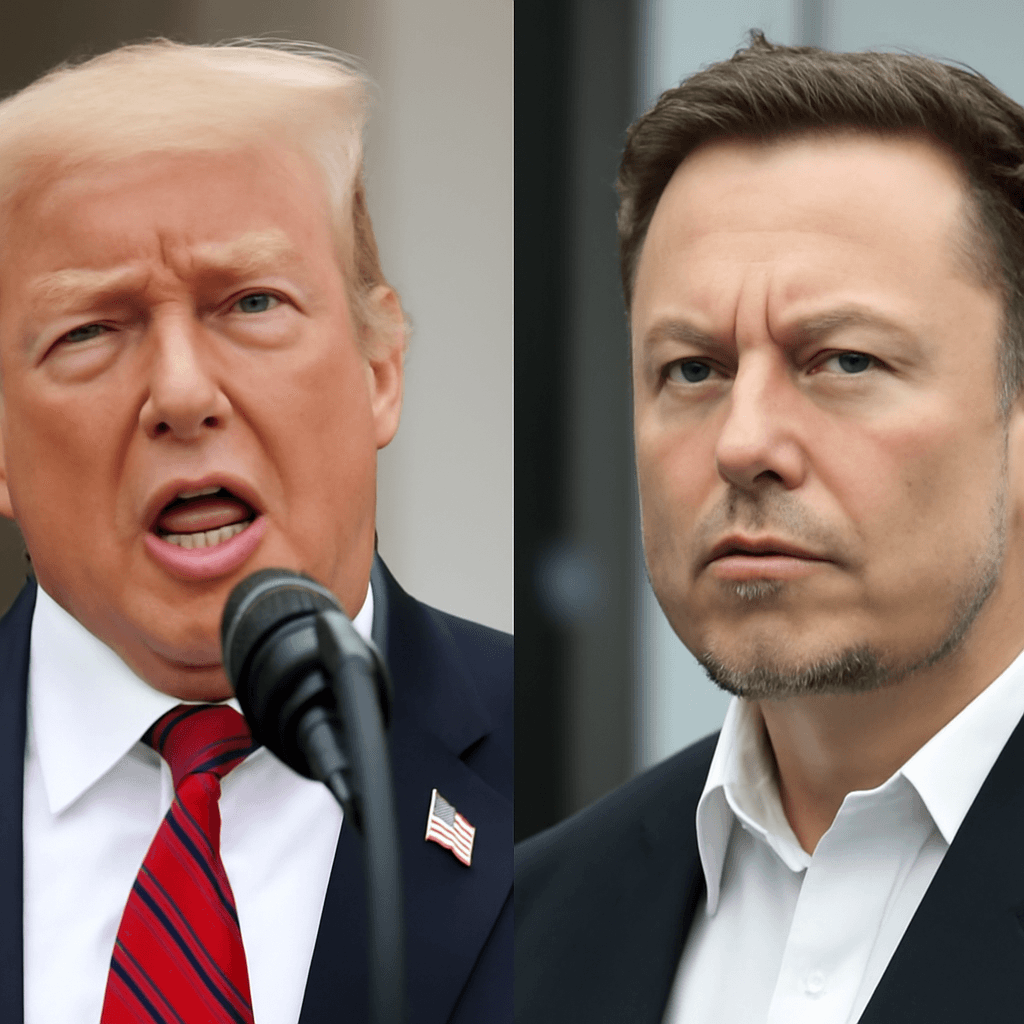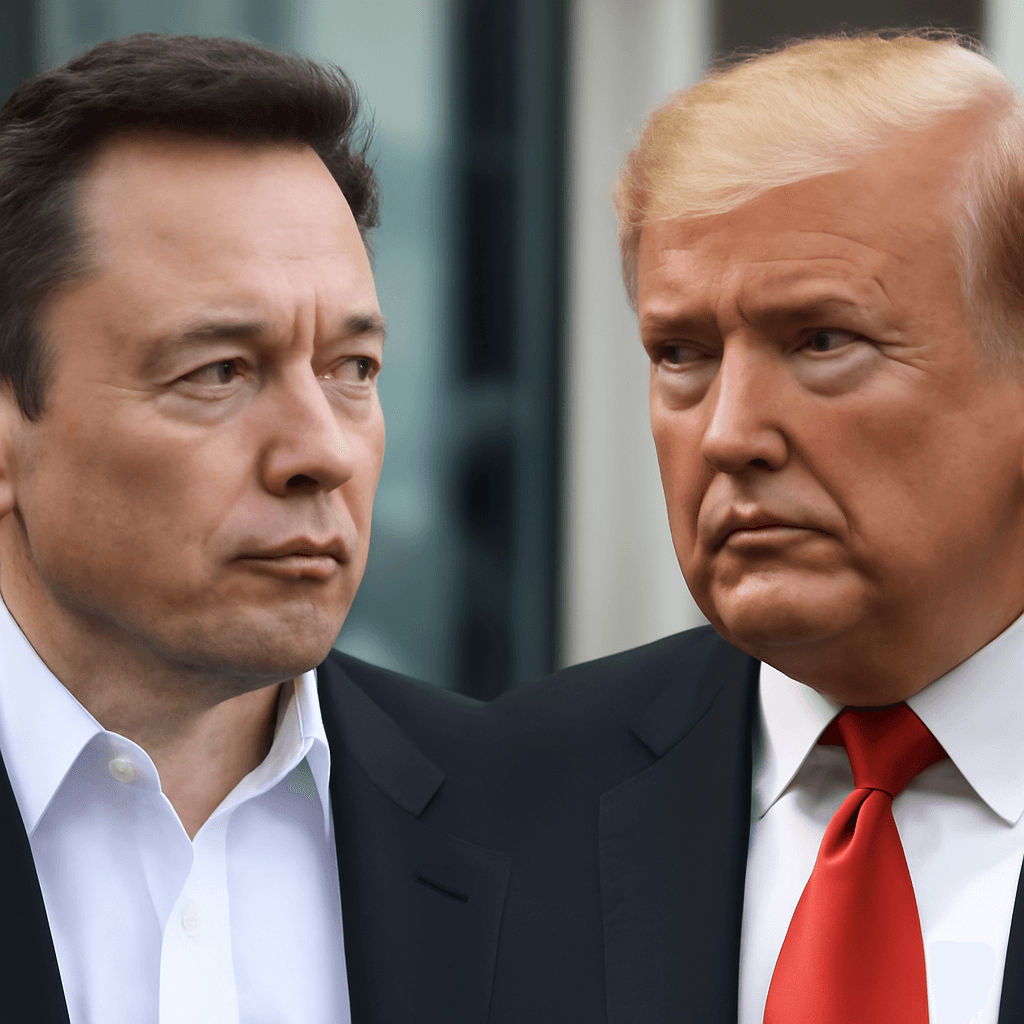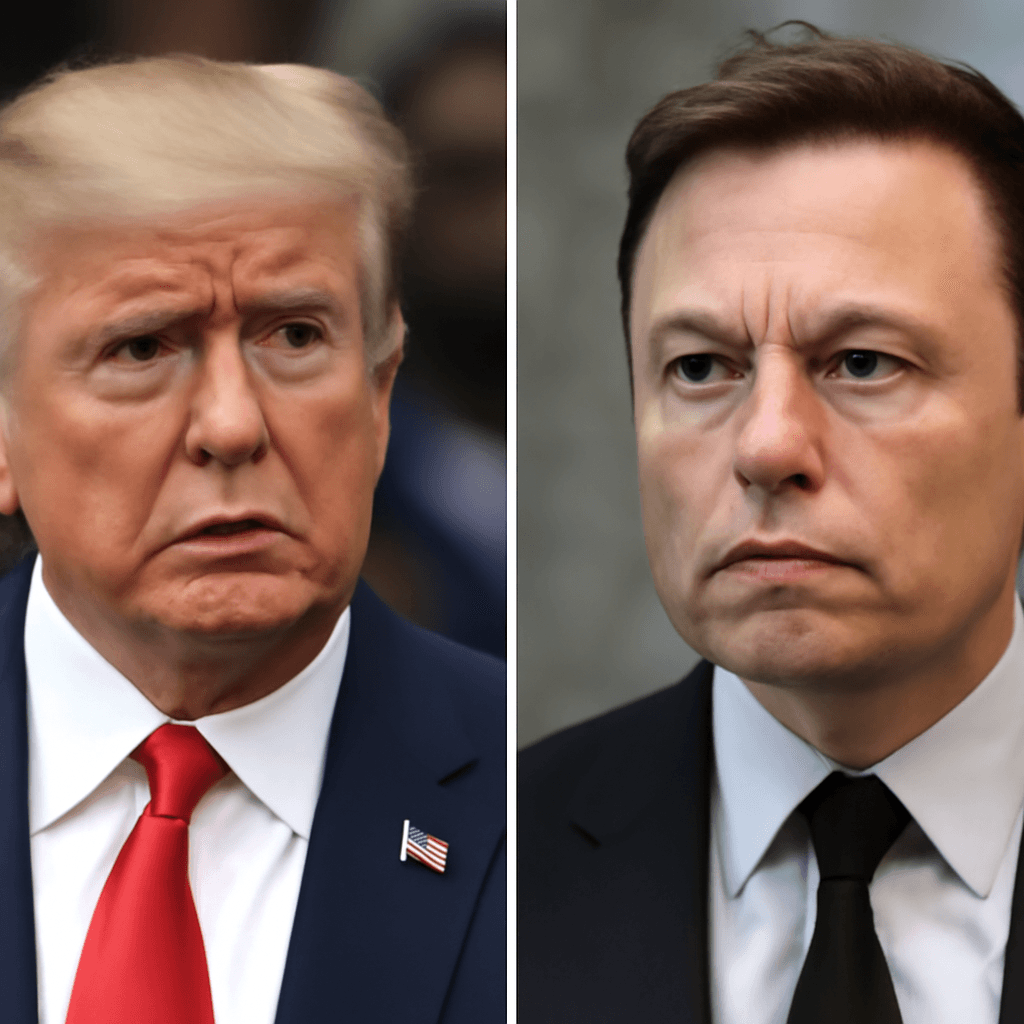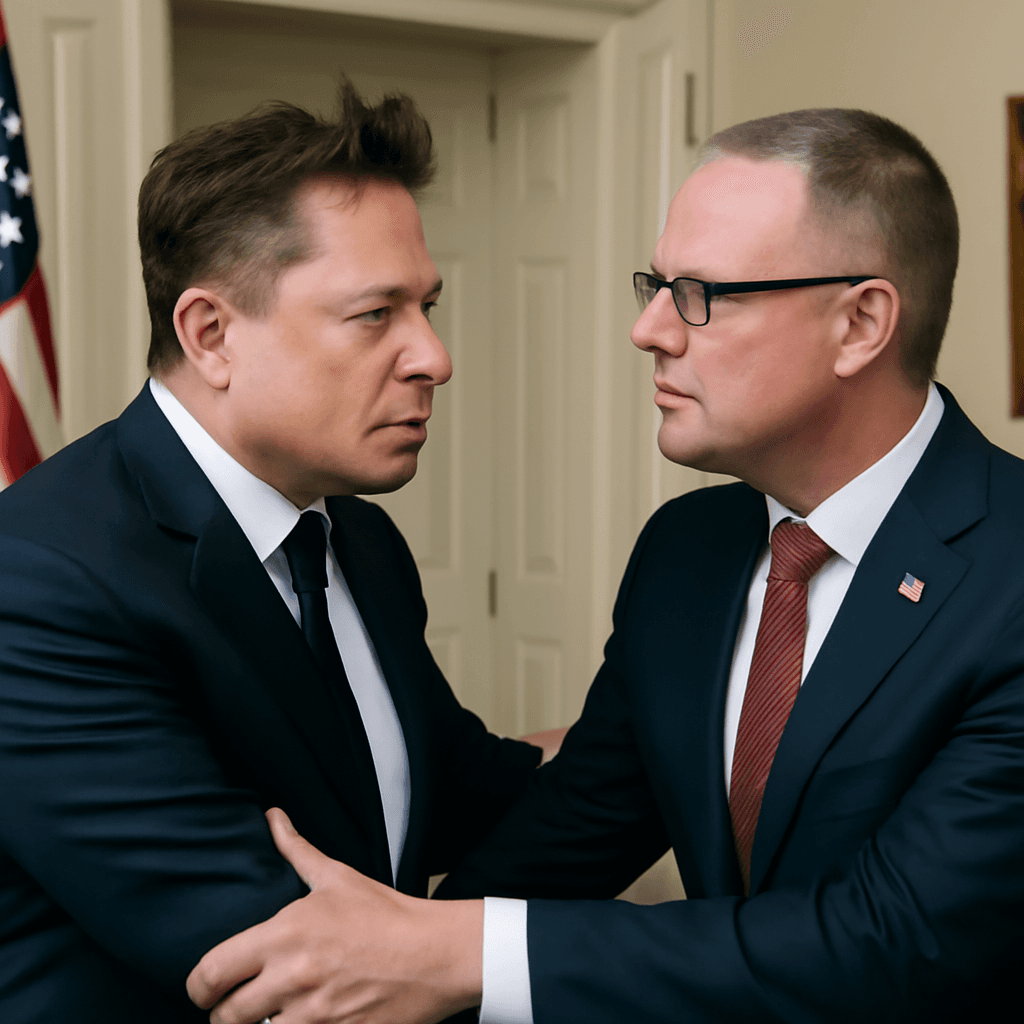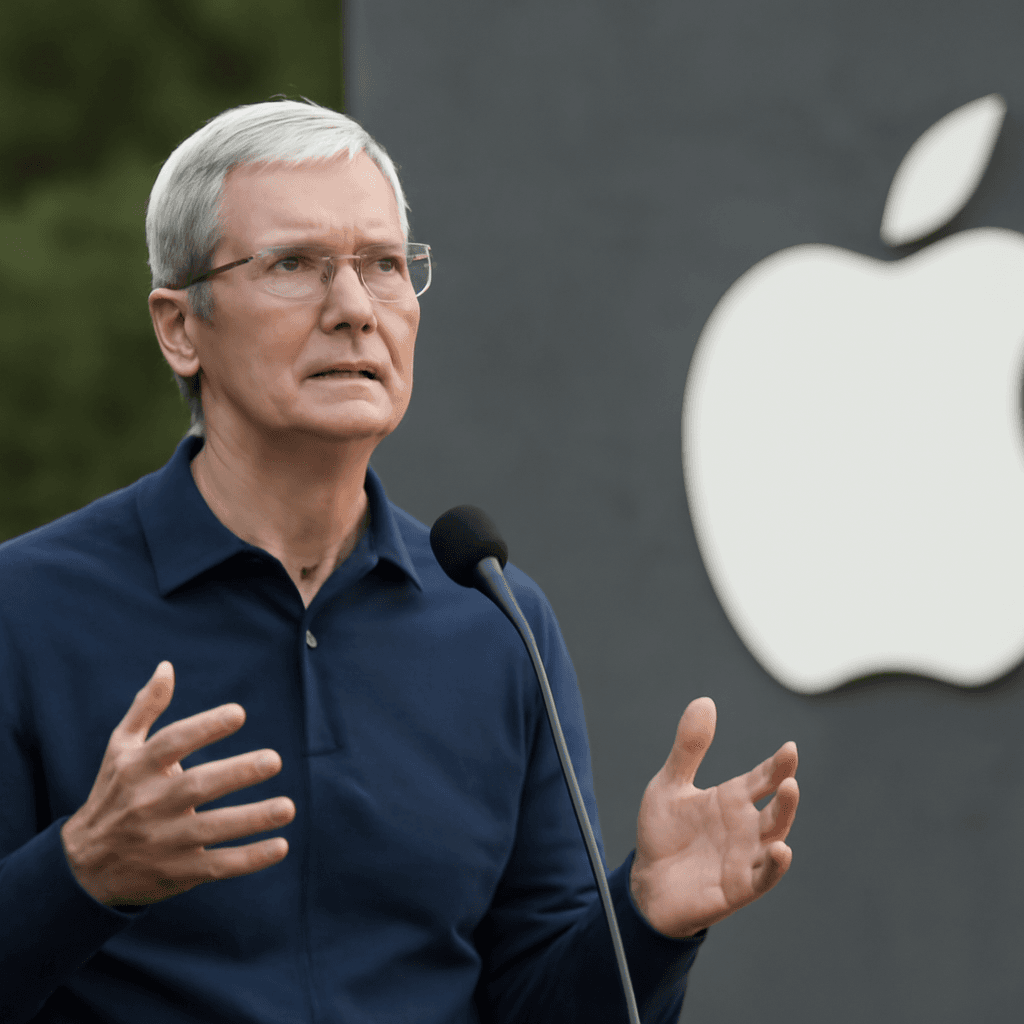NASA and Pentagon Seek Backup as Trump-Musk Dispute Sparks ISS Concern
In a startling turn of events, a public clash between former President Donald Trump and entrepreneur Elon Musk has left key U.S. space agencies scrambling to diversify their spaceflight providers. Musk’s initial threat to suspend SpaceX flights, including missions ferrying astronauts to the International Space Station (ISS), triggered alarm bells within NASA and the Pentagon about their heavy reliance on a single company.
Exploring Alternatives: NASA and Pentagon Reach Out to Other Providers
Following the heated exchange, both agencies quickly reached out to several commercial spaceflight companies to assess their readiness. Notable among these are Rocket Lab, Stoke Space, and Jeff Bezos’s Blue Origin.
NASA also contacted Sierra Space, developer of the Dream Chaser spaceplane, reaffirming the urgency to avoid vulnerabilities from depending solely on one service provider. Meanwhile, Boeing’s Starliner, which has long been envisioned as a backup to SpaceX’s Dragon spacecraft, remains sidelined due to persistent technical issues.
The Impact of the Musk-Trump Fallout on U.S. Space Operations
SpaceX currently commands billions in government contracts, handling crucial tasks such as transporting astronauts and cargo to the ISS, and launching highly sensitive military satellites. When Musk responded to Trump’s threat to cancel SpaceX deals by vowing to halt Dragon flights, even if only momentarily, it sent ripples through defense and space communities.
One NASA official described the atmosphere as shifting quickly “from entertaining to terrifying,” while a Pentagon staffer emphasized, “This is a real issue, not a TV show.” The tensions appear linked to the administration’s decision to withdraw Jared Isaacman’s nomination as NASA administrator — a figure closely tied to Musk who previously flew with SpaceX.
Questions Raised About Single-Provider Dependence
Over the years, NASA has maintained a working relationship with SpaceX, despite past concerns around Elon Musk’s unpredictable public conduct. The recent confrontation reignited debates about the wisdom of entrusting critical national security and spaceflight operations to a single company or individual that can make sweeping unilateral decisions.
Officials are now more acutely aware of the risks inherent in this dependence, prompting urgent discussions around expanding partnerships and strengthening backup capabilities to safeguard vital missions.
Looking Ahead: Strengthening U.S. Space Resilience
- NASA and the Pentagon are actively evaluating other commercial launch providers to ensure mission continuity.
- Efforts to resolve Boeing’s Starliner technical hurdles continue but show no immediate timeline for crewed flights.
- Discussions around diversifying the astronaut transportation fleet and satellite launch services are gaining momentum.
As the U.S. space program navigates this period of uncertainty, the incident underscores how geopolitical and personal disputes can unexpectedly impact national space security and exploration efforts.

